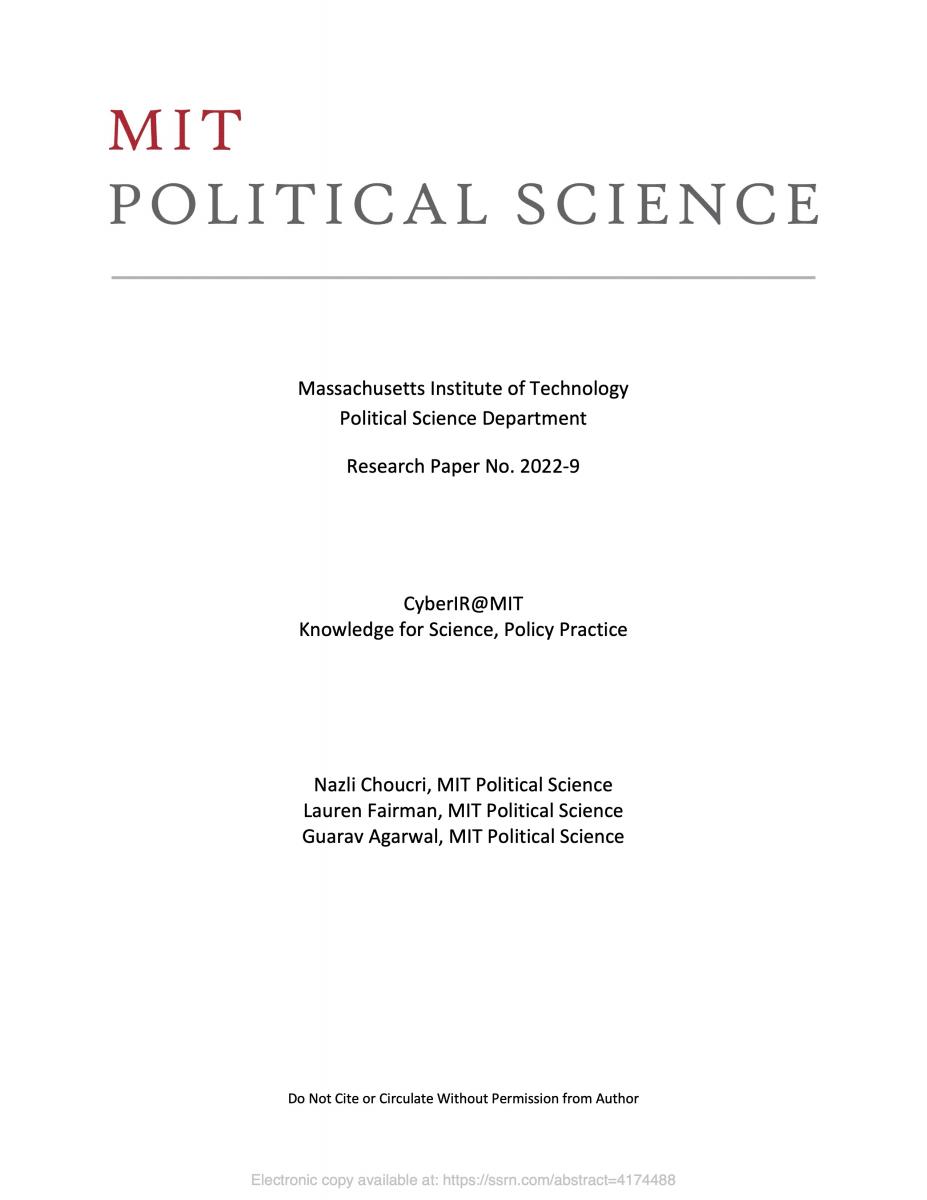URL:
Abstract:
Political and cyber tensions between the United States and other countries could result in what is commonly referred to as a “splinternet” — a two-track internet where one track is led by the U.S. and one is led by China. There are signs of this splinternet that already exist: popular technology companies in the U.S. like Facebook, Google, and Amazon are not allowed to operate in China, and Donald Trump has threatened to ban the Chinese-based social media platform TikTok. However, the splinternet would go far beyond the use of certain apps. Many technologies and databases that work globally would have to shift their models to account for these ‘splinters.’
The rise in political tension that is spilling over into the cyber space could result in digital factions, and these factions will have different standards of data privacy and cybersecurity. This could either further political tensions and split countries even more, or by setting high standards to enter a digital faction, it could possibly incentivize countries to come together and improve cybersecurity and reduce cyber attacks.
Also, with political tensions rising and splits being formed in the cyber sphere, many countries will become “data neutral epicenters,” essentially acting as middlemen where other countries can store data that can be accessed by other countries and companies.
This is incredibly interesting, because while most of our focus of the class has been centered around deterrence and cybersecurity strategies in our one collective cybersphere, this article fancies the notion of forming two separate cyberspheres. Here, the solution is essentially to block out enemies and put them into a completely different sphere, instead of coexisting and trying to deter them from attacking our networks.
Year:
2020
Domain:
Dimension:
Region:
Country:
China



